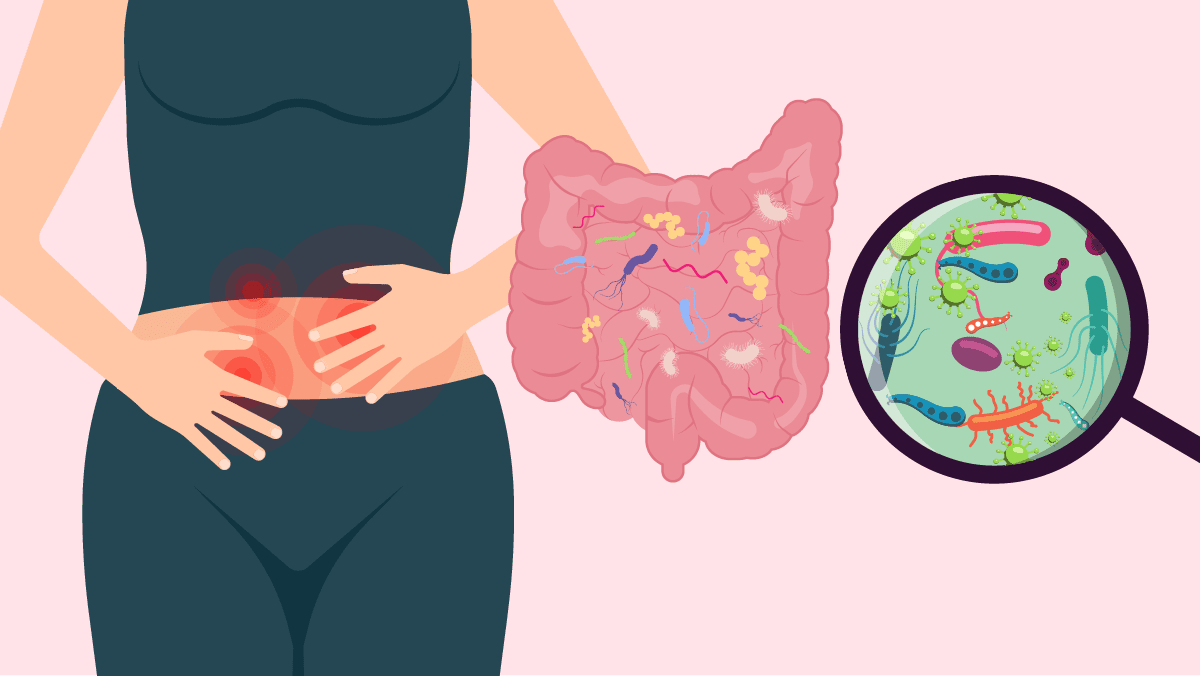new to the gluten free journey?
new to the gluten free journey?

Mainstream nutritionists have touted the evils of fat for years. This misinformation campaign has led to the demonization of fat and the popularization of low fat processed foods and low fat diets.
Because of this fat phobia, the problem of fat malabsorption has been largely ignored. Fat is one of the three major macronutrients that provide a source of energy to the body. Fat is an essential nutrient that your body cannot function without, and it plays a role in hormone production, inflammation control, brain health, immune function, skin health, and energy production.
This article will discuss what fat malabsorption is, its symptoms and causes, and how to improve fat absorption. It will also discuss the relationship between gluten sensitivity, celiac disease, and fat malabsorption.
Malabsorption is defined as the inadequate assimilation of dietary nutrients due to defects in digestion, absorption, or transport. Malabsorption can affect macronutrients (the proteins, carbohydrates, and fats that make up the food you eat), micronutrients (the vitamins and minerals that your food contains), or both.
Fat malabsorption refers specifically to the inadequate breakdown and uptake of fat into the body. Gluten induced liver and intestinal damage can contribute to fat malabsorption. Specific causes are discussed in more depth below.
Symptoms of fat malabsorption include light-colored stools, foul-smelling stools, or soft stools that may either float or may stick to the sides of the toilet bowl.
There are a number of health problems linked to malabsorption, ranging from mild (if the malabsorption is a newer concern) to severe (when a malabsorption has existed over a longer period of time):
There are a number of causes of fat malabsorption. The following are common contributors to this condition:
So what is the connection between gluten and fat malabsorption? Well, as we know, celiac disease is a chronic autoimmune disorder of the small intestine. It is characterized by progressive atrophy or degeneration of the small intestinal villi after the consumption of gluten. Since the small intestinal villi are responsible for nutrient absorption, their destruction means that nutrients can no longer be effectively absorbed. Therefore, gluten consumption in a celiac disease patient contributes to fat malabsorption, and following a gluten-free diet is the only effective treatment for repairing the small intestinal villi and improving fat absorption. Numerous studies have explored this connection.
Furthermore, celiac disease is also associated with liver disease and gallbladder damage. Both conditions can be driven by celiac disease and gluten consumption can lead to insufficiency of the bile that aids in the absorption of fat, which then results in fat malabsorption.
In addition, celiac disease is associated with exocrine pancreatic insufficiency. This condition involves a deficiency of the exocrine pancreatic enzymes, amylase, lipase, and protease. Under normal conditions, these enzymes break undigested fats into fatty acids and monoglycerides, which are then solubilized by bile salts. An insufficiency in the amount of enzymes present, as is often the case in those with celiac disease, results in the inability to digest food properly. While enzyme supplementation is often needed to help support the breakdown of fats in those with celiac disease, research suggests that supplementation may not need to occur indefinitely.
Fat malabsorption from celiac disease can also cause deficiencies in fat soluble vitamins and essential fatty acids. Fat is needed to help absorb vitamins A, D, E, and K, and the malabsorption of fat includes the malabsorption of fatty acids like omega-3, omega-6, and omega-9 fatty acids in addition to other dietary fats found in food.
Another study found that deficiencies of fat-soluble vitamins and a decreased bone mineral density is frequently present in patients with chronic pancreatitis and fat malabsorption issues.
These deficiencies have also been observed in children. One study found that a significant lowness was established in vitamin D and A levels in newly diagnosed children with celiac disease. This can have a significant
How do you know whether fat malabsorption is a problem? Because fat malabsorption has multiple causes, accurate diagnosis should always be done by your doctor through proper exam, history taking, and testing. If you are experiencing chronic diarrhea, weight loss, tan or clay colored stools, foul smelling gas, jaundice (yellow discoloration of skin), you should talk with your doctor to further investigate.
The following tests can be helpful to help with the diagnosis:
Improvement of fat malabsorption is specifically dependent upon knowing what is causing it. In those with gluten sensitivity and celiac disease, a gluten free diet is essential to healing the small intestinal mucosal lining, pancreas, and liver in order to enable effective fat absorption. In addition, certain supplements like digestive enzymes and ox bile can be helpful in supporting the digestion of fat. If you suspect you may be experiencing difficulty digesting fats, ensure you are adhering to a strict gluten free diet and talk with your practitioner about including supplements like Lipogest (contains ox bile) and Ultra Digest(contains fat digesting enzymes) into your daily routine.
You might also consider supplementing with the following fat soluble nutrients:
Stay up-to-date with the latest articles, tips, recipes and more.

*These statements have not been evaluated by the Food and Drug Administration. This product is not intended to diagnose, treat, cure or prevent any disease.
If you are pregnant, nursing, taking medication, or have a medical condition, consult your physician before using this product.
The entire contents of this website are based upon the opinions of Peter Osborne, unless otherwise noted. Individual articles are based upon the opinions of the respective author, who retains copyright as marked. The information on this website is not intended to replace a one-on-one relationship with a qualified health care professional and is not intended as medical advice. It is intended as a sharing of knowledge and information from the research and experience of Peter Osborne and his community. Peter Osborne encourages you to make your own health care decisions based upon your research and in partnership with a qualified health care professional.